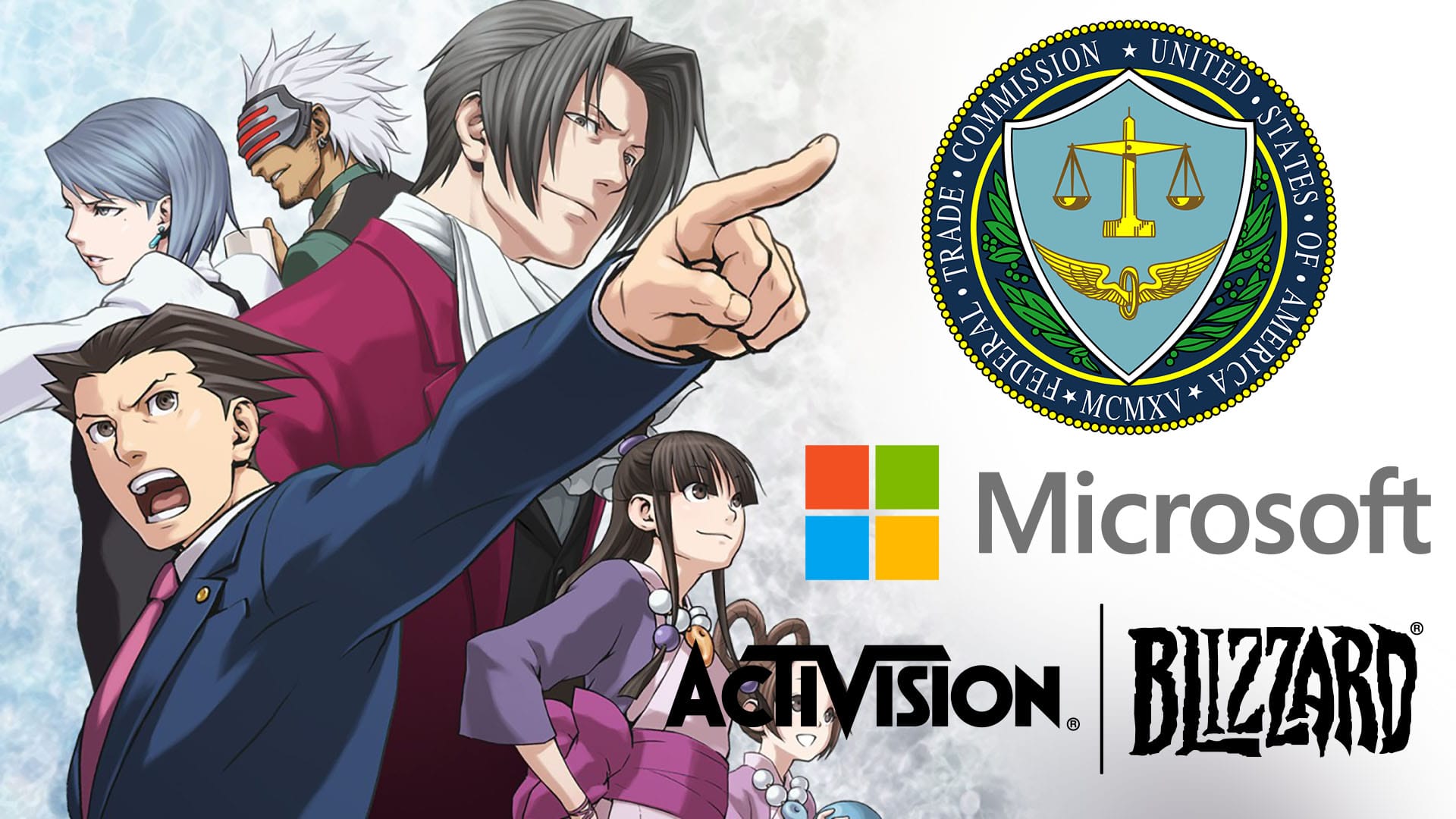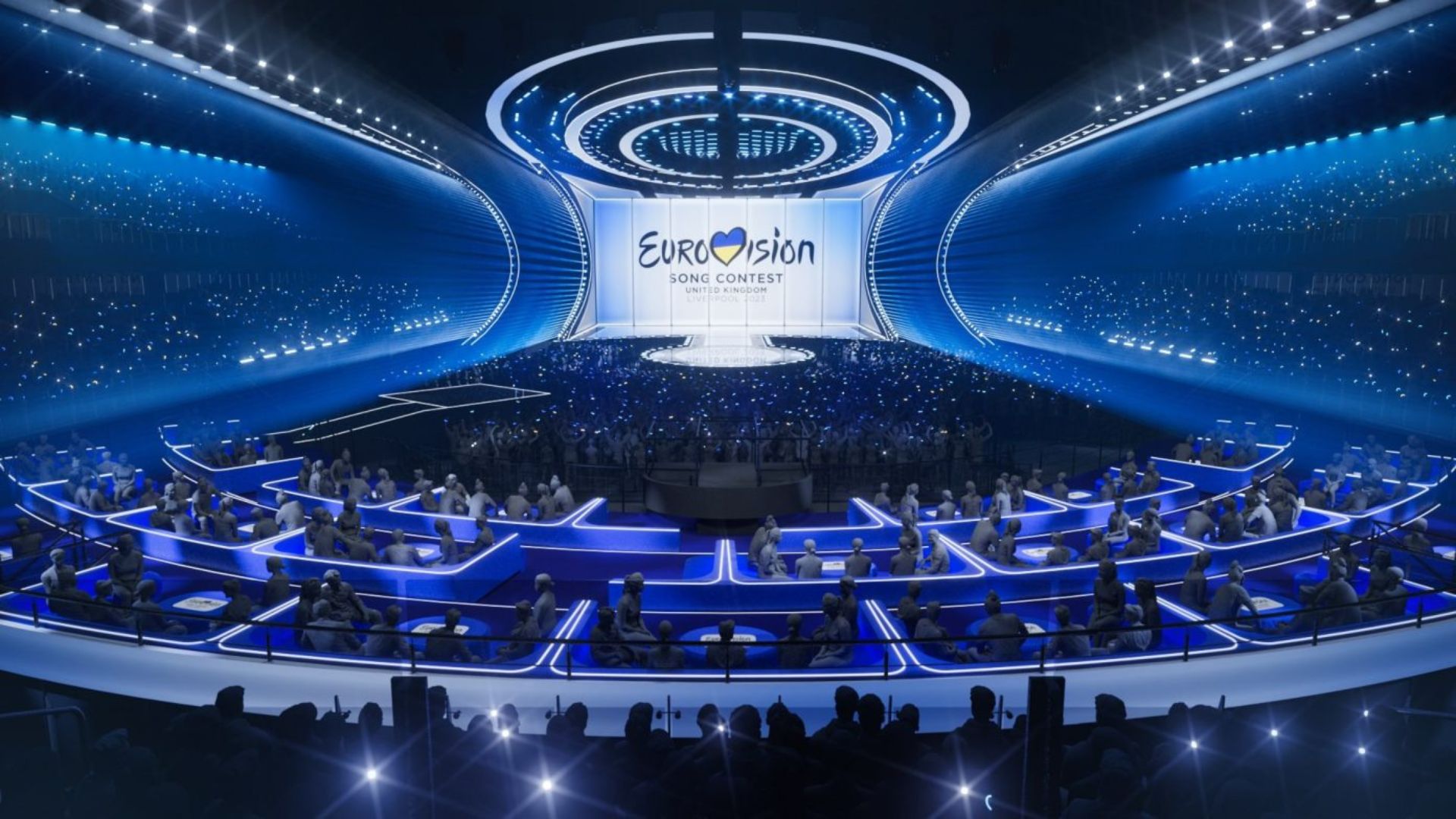Appeal Filed: FTC Challenges Approval Of Microsoft-Activision Merger

Table of Contents
The FTC's Arguments Against the Merger
The FTC's appeal centers around concerns about the potential anti-competitive effects of the Microsoft-Activision merger, arguing that it would significantly reshape the gaming landscape.
Concerns Regarding Anti-competitive Practices
The FTC argues that the merger would substantially lessen competition in the video game market, particularly within the console and cloud gaming sectors. This concern stems from several key factors:
- Microsoft's potential to leverage its ownership of Activision Blizzard's popular franchises: Titles like Call of Duty, Candy Crush, Warcraft, and World of Warcraft are industry giants, and the FTC worries Microsoft could use its control to stifle competition from rivals like Sony and Nintendo. This could involve making these games exclusive to Xbox or making them significantly less appealing on competing platforms.
- Exclusion of rival platforms from accessing Activision Blizzard's games: The FTC fears that Microsoft could leverage its control over these popular franchises to exclude rival platforms, hindering their ability to compete and potentially harming consumers. This exclusivity could limit player choice and innovation.
- Potential for higher prices and reduced innovation due to decreased competition: A lack of competition often leads to higher prices for consumers and less incentive for innovation. The FTC believes the Microsoft-Activision merger will exacerbate this trend in the gaming market. This could result in less attractive pricing models and a slower pace of development in the industry.
Impact on Consumers
Beyond the impact on competitors, the FTC emphasizes the potential negative consequences for consumers. These include:
- Loss of access to preferred gaming platforms due to exclusivity deals: Consumers might lose access to their preferred platforms if Microsoft chooses to make Activision Blizzard games exclusive to Xbox.
- Potential price increases for popular Activision Blizzard titles: Reduced competition could lead to higher prices for popular games, making them less accessible to gamers.
- Reduced competition leading to stagnation in game quality and features: Without the pressure of competition, there's a risk that the quality and innovation of games could stagnate.
Microsoft's Response and Defense
Microsoft has countered the FTC's claims, asserting that the merger will be beneficial for gamers and actually increase competition.
Microsoft's Commitment to Fair Competition
Microsoft maintains that the merger will ultimately benefit the gaming community. Their key arguments include:
- Promises to continue offering Call of Duty on PlayStation and other platforms: Microsoft has repeatedly pledged to continue making Call of Duty available on PlayStation and other competing platforms, attempting to alleviate the FTC's concerns about exclusivity.
- Arguments about the benefits of bringing Activision Blizzard's resources under Microsoft's umbrella: Microsoft emphasizes the potential synergies and increased resources available to Activision Blizzard under their ownership, leading to the creation of better games and improved experiences for gamers.
- Claims that the merger will foster innovation and lead to better gaming experiences: Microsoft argues that the combined resources and expertise will fuel innovation, resulting in higher-quality games and more compelling gaming experiences.
Legal Strategies and Next Steps
Microsoft's legal team is actively preparing to defend the merger against the FTC's appeal. Their likely strategies include:
- Presenting evidence to support their claims of pro-competitive benefits: Microsoft will likely present economic data and other evidence to showcase the positive impacts of the merger on the market.
- Highlighting potential economic benefits of the merger: They will argue that the merger will create economic efficiencies and benefits for the industry as a whole.
- Seeking to overturn the FTC's decision through legal channels: Microsoft will utilize all available legal avenues to overturn the FTC's decision and secure approval for the merger.
Implications for the Gaming Industry
The outcome of this appeal will have far-reaching consequences for the gaming industry.
Future of Console Wars and Game Distribution
The Microsoft-Activision merger significantly impacts the future of console wars and game distribution:
- Potential shift in market power if the merger is successful: A successful merger could dramatically shift market power in favor of Microsoft, potentially altering the competitive landscape.
- Implications for smaller game developers and publishers: The merger's outcome could significantly impact smaller developers and publishers, potentially affecting their ability to compete.
- Long-term effects on game pricing and accessibility: The long-term consequences could include changes to game pricing and accessibility for consumers.
Precedent for Future Mergers and Acquisitions
This legal battle sets a crucial precedent for future mergers and acquisitions in the gaming and tech sectors:
- Impact on regulatory scrutiny of large-scale tech mergers: The outcome will influence how regulators approach future large-scale tech mergers.
- Influence on future antitrust policies concerning the tech industry: This case could lead to changes in antitrust policies related to the technology industry.
- Potential adjustments to merger approval processes: The legal process could lead to adjustments in how mergers are evaluated and approved in the future.
Conclusion
The FTC's appeal against the Microsoft-Activision merger is a significant development with far-reaching consequences for the gaming industry and antitrust regulation. The outcome will impact not only Microsoft and Activision Blizzard but also shape the future of mergers and acquisitions in the tech sector. Staying abreast of developments in this ongoing legal battle is crucial for understanding the evolving landscape of the gaming industry. Therefore, continue following updates on the Microsoft-Activision Merger to remain informed about this crucial development in the tech world.

Featured Posts
-
 Evaluating The Likelihood Of Ashton Jeanty Joining The Chicago Bears
Apr 25, 2025
Evaluating The Likelihood Of Ashton Jeanty Joining The Chicago Bears
Apr 25, 2025 -
 Examining The Difficulties In Elon Musks Robotaxi Development
Apr 25, 2025
Examining The Difficulties In Elon Musks Robotaxi Development
Apr 25, 2025 -
 Access To Birth Control Examining The Impact Of Over The Counter Availability Post Roe
Apr 25, 2025
Access To Birth Control Examining The Impact Of Over The Counter Availability Post Roe
Apr 25, 2025 -
 Eurovision 2025 Who Are The Frontrunners
Apr 25, 2025
Eurovision 2025 Who Are The Frontrunners
Apr 25, 2025 -
 Cowboys Must Draft Ashton Jeanty Stop The Games
Apr 25, 2025
Cowboys Must Draft Ashton Jeanty Stop The Games
Apr 25, 2025
